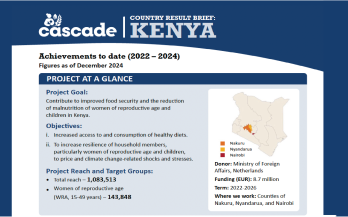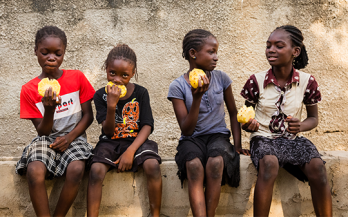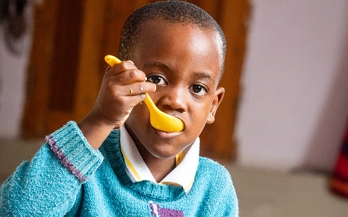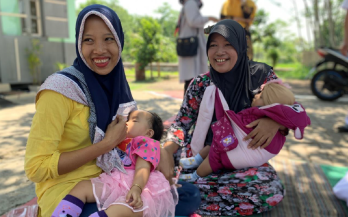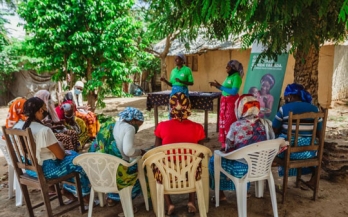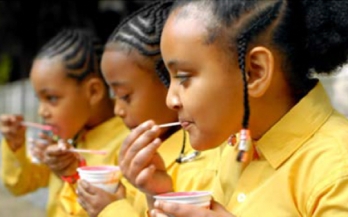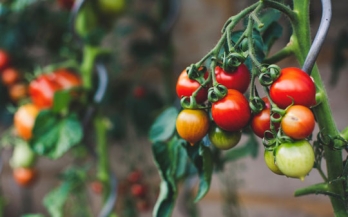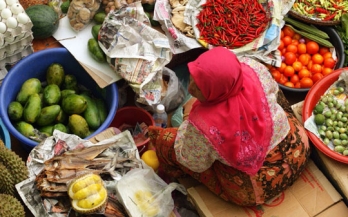The CAtalyzing Strengthened policy aCtion for heAlthy Diets and resiliencE (CASCADE) project is responding to high malnutrition rates in Kenya and is strengthening implementation of nutrition related policies. The priority policy focus is the Kenya National Nutrition Action Plan which aims to accelerate and scale up efforts towards the elimination of malnutrition in Kenya in line with Kenya’s Vision 20301 and global Sustainable Development Goals.
In 2023, Criterion Institute and UNICEF partnered to develop child lens investing: an emerging field that intentionally integrates considerations of child rights and wellbeing into investment processes. Understanding is growing of the opportunity that exists for increasing economic, social, and environmental impact by considering children when making investments.
To better understand the primary pathways through which gender norms impact children’s diets, this scoping review examines recent literature on gender issues related to child feeding in LMICs. It seeks to identify trends that occur within specific populations and cross-culturally. The findings will support increased gender sensitivity across GAIN programmes.
The objective of this paper is to describe the initial scaling-up phase of the 'Baduta' programme (Baduta 2), which aimed to support national stunting-reduction efforts in Indonesia through emotional demonstrations (‘emo demos’), reflecting on the challenges faced and ensuing lessons learned, following the promising results of the 2017 evaluation of the programme.
The Commercialisation for Biofortified Crops (CBC) project was launched by GAIN and HarvestPlus in 2020 with an overall goal to reach at least 167 million consumers with nutrient-dense biofortified foods (previously piloted by HarvestPlus) by 2022 in six countries in Africa (Nigeria, Kenya, and Tanzania) and Asia (India, Bangladesh, and Pakistan), through commercial pathways.
This working paper describes the application of the Behaviour Centred Design (BCD) framework to develop the 'Moments with Mothers' campaign, an intervention to improve IYCF practices supporting pregnant women, mothers, and other caregivers in Nacala Porto and Mossuril, Nampula province.
Despite having more than 10 million dairy cows in Ethiopia, milk productivity and consumption is very low, on average below 2 litres per cow. In 2017, the GAIN Access to Better Dairy partnership was established and supported by Danida. Partners committed to help improve diets of children and mothers, as well as the livelihoods of smallholder farmers, by developing affordable, safe, and nutritious dairy solutions that appeal to children.
In 2018, GAIN expanded its Postharvest Loss Alliance for Nutrition (PLAN) program to Ethiopia with a focus on reducing loss of tomatoes. Working with local stakeholders, PLAN Ethiopia was designed with two key components.
The Global Diet Quality Project offers a new approach that enables countries to track diet quality. The project’s Diet Quality Questionnaire (DQQ) allows users to investigate both diet adequacy and diet components that protect against or increase risk of noncommunicable diseases (NCDs)
GAIN, BRAC, SMC, Renata, a Bangladeshi pharmaceuticals company, icddr,b and the Children’s Investment Fund Foundation (CIFF), set out to evaluate whether such a programme could reach those who are vulnerable, whether they were impactful and whether they were good value for money compared to other routes to improved nutrition outcomes.
